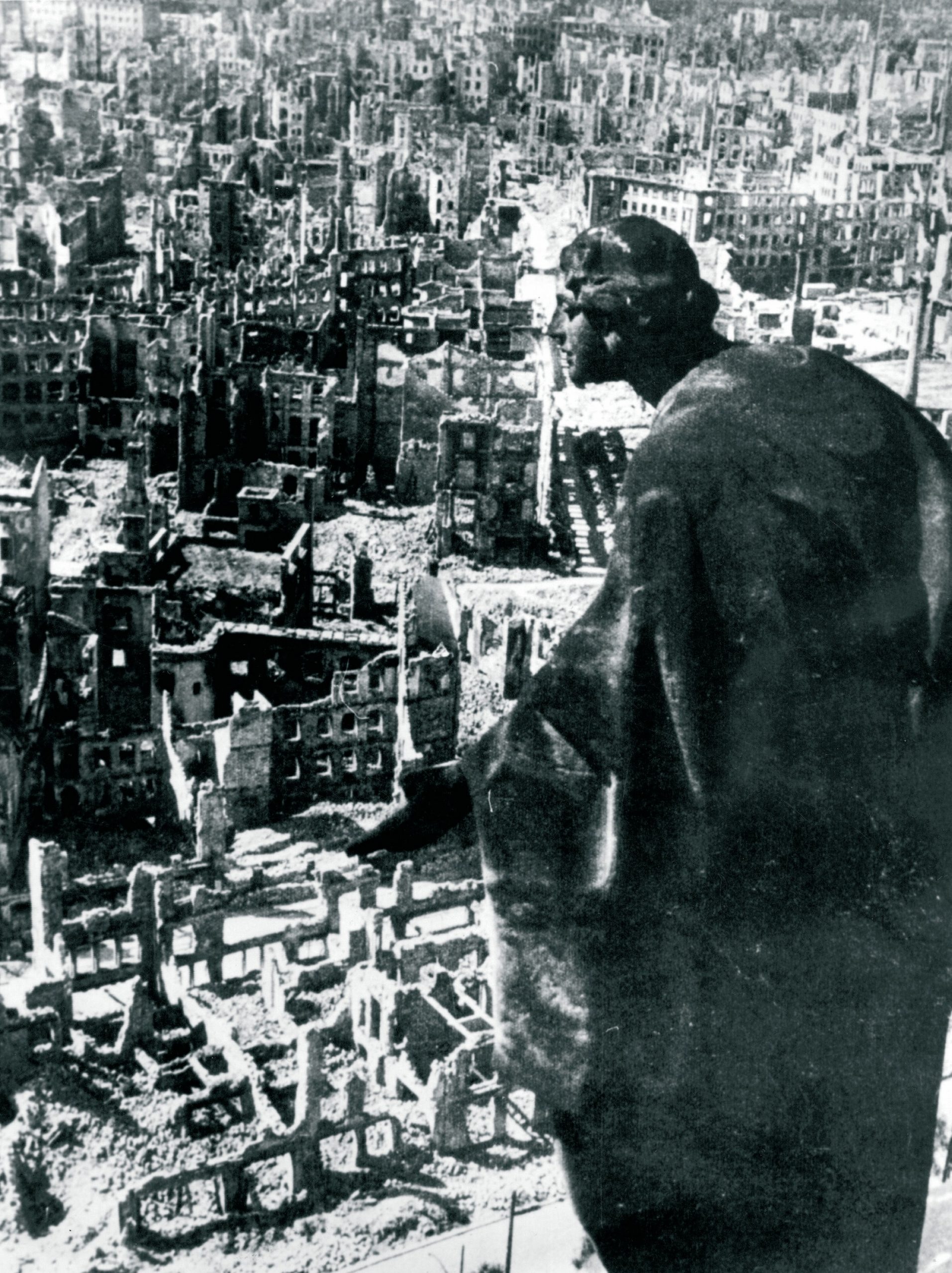
obedience, conformity, social identity theory, genocide, moral behaviour
If asked to match up the words ‘genocide’ and ‘crimes against humanity’ with any country on the globe, few would be surprised if Germany and Japan were among the top choices. These countries are much changed today, but it remains important that each of us remembers their part in the terrible crimes of the Second World War, and that we learn from them.
Your organisation does not have access to this article.
Sign up today to give your students the edge they need to achieve their best grades with subject expertise
Subscribe




